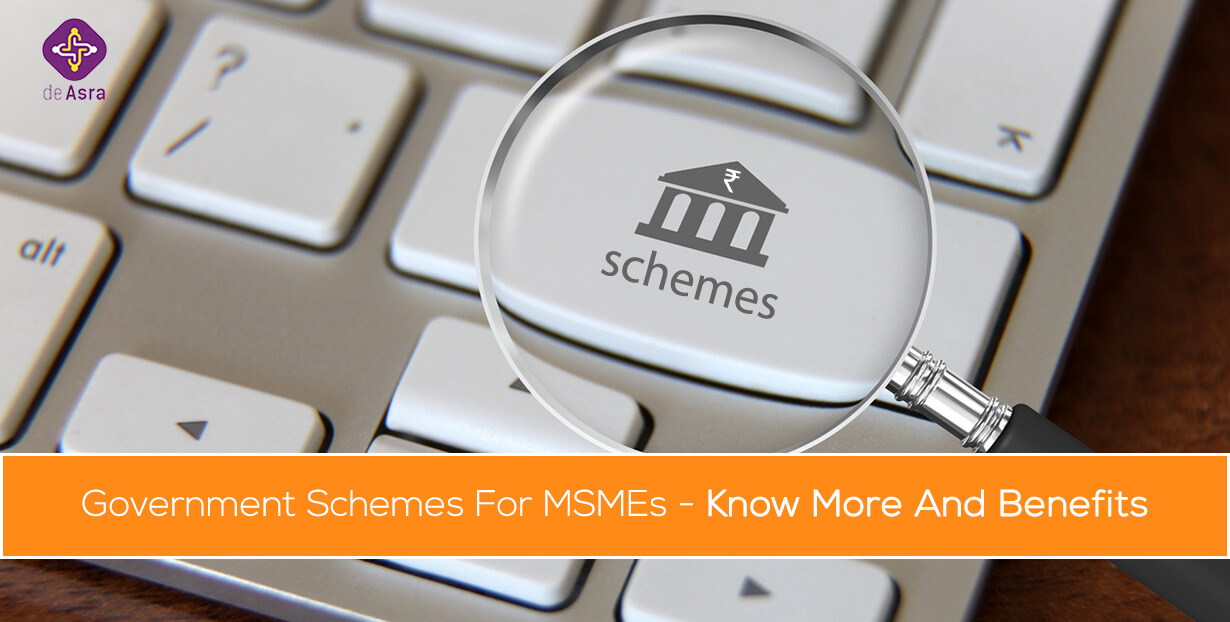
Government Schemes For MSMEs – Know More And Benefits
MSME or Micro, Small or Medium Enterprises are considered as the backbone of the country’s economy, considering the significant contribution these enterprises make to the economy. The concept of MSME (or Micro, Small and Medium Enterprise) was introduced by the Government of India and is managed by the Ministry of MSME, classifying entities that are engaged in the manufacturing, production, preservation or processing of commodities and goods.
Enterprises are classified as Micro, Small or Medium depending on the amount of investment and the annual turnover of these businesses, irrespective of whether they belong to the manufacturing sector, service sector or both. An enterprise with an investment of less than Rs 1 crore and a turnover of less than Rs 5 crore is termed as a Micro Enterprise. A Small Enterprise is one where the investment is less than Rs 10 crore and the annual turnover is up to Rs 50 crores. An enterprise with an investment of less than Rs 50 crore and a turnover of up to Rs 250 crore is termed as a Medium Enterprise.